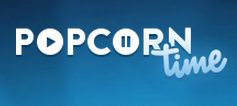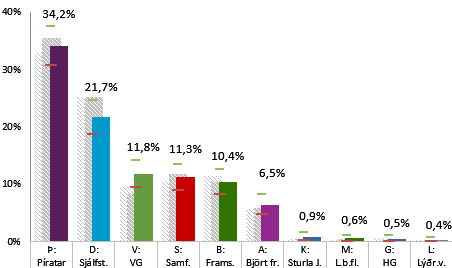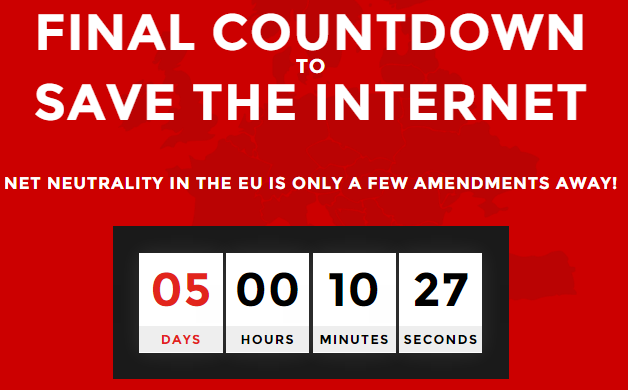Popcorn Time Chaos Triggers More Downtime
vendredi 23 octobre 2015 à 19:55 This week has descended into an incredible mess for Popcorn Time, and the end is still not in sight.
This week has descended into an incredible mess for Popcorn Time, and the end is still not in sight.
It began on Monday when news broke that several of the core developers had decided to leave the PopcornTime.io project, fearing a possible lawsuit.
Soon after, the application’s .io domain name stopped working, a domain that was controlled by one of the departed team members. Yesterday these issues seemed to be resolved but the comeback didn’t last long.
The Popcorn Time team has just informed TorrentFreak that they have lost control again. They put in a request to transfer the domain to a new owner but their service provider Gandi.net just retracted the changes.
“In the last few days someone has been tempering with our infrastructure, mainly our DNS service, and we can’t convince our provider Gandi.net that we are us and want to stay online,” the Popcorn Time teams says.
The domain was supposed to be transferred to one of the remaining developers, who’s also a business associate of the current domain owner, but Gandi is refusing to cooperate.
As a result the infrastructure of the main Popcorn Time fork is no longer working, nor are people able to download new copies of the popular application.

It’s unclear how long the problem will persist but the developers are not throwing in the towel just yet.
“We’re doing our best to maintain the service but today we can’t give any timeline of things getting better. Please hang on, we’re working day and night to get this sorted out,” they say.
Meanwhile, various other Popcorn Time developments are only complicating the situation.
Popular torrent site and release group YTS, also known as YIFY, has been down for days as well. Since YTS is used as the main torrent resource by many Popcorn Time applications, these are also unable to stream movies.
Finally, there’s the Browser Popcorn website, which gained mainstream attention over the past week. While this site has nothing to do with any of the applications, it does add to the chaos, resulting in inaccurate news reports all around.
It will probably take a few more days before the dust settles, or for everything to fall apart. Considering the turbulent events of the past few days, it could go either way.
Source: TorrentFreak, for the latest info on copyright, file-sharing, torrent sites and ANONYMOUS VPN services.
 Founded in 2006 by Rick Falkvinge, the Pirate party movement has scored some significant victories over the years.
Founded in 2006 by Rick Falkvinge, the Pirate party movement has scored some significant victories over the years.
 Last November, Universal Music, Sony Music, Warner Music, Nordisk Film and the Swedish Film Industry teamed up against Swedish ISP Bredbandsbolaget (Broadband Company).
Last November, Universal Music, Sony Music, Warner Music, Nordisk Film and the Swedish Film Industry teamed up against Swedish ISP Bredbandsbolaget (Broadband Company). The leaking of first-run movies onto the Internet continues to be a thorn in the side of Hollywood and its distribution partners around the world.
The leaking of first-run movies onto the Internet continues to be a thorn in the side of Hollywood and its distribution partners around the world. For several years politicians have debated on how Europe should approach net neutrality.
For several years politicians have debated on how Europe should approach net neutrality. 